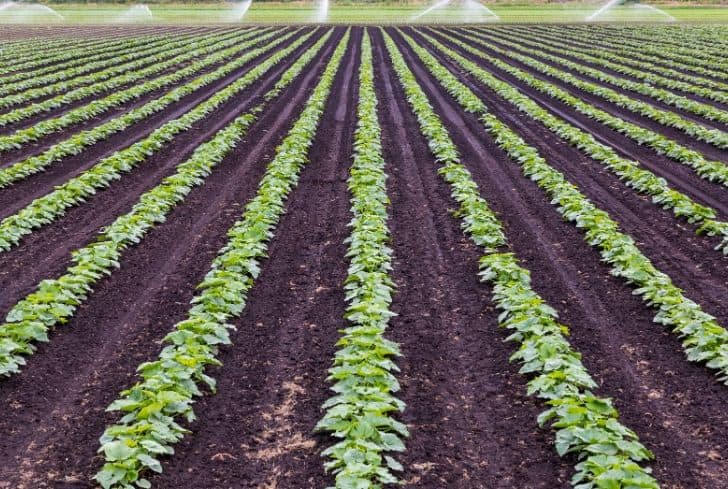Introduction:
picture a vast expanse of verdant fields, a symphony of nature’s bounty. Time was when agriculture was an art, a delicate dance between humanity and the land, each season a testament to the intricate tapestry of life. Yet, as civilizations grew, so did the demand for sustenance, and this partnership with nature evolved into something more complex – commercial agriculture. What does commercialization of agriculture entail, and what implications does it hold? Let’s embark on a journey to unravel this enigmatic transformation.
Commercialization, in essence, is the process of transforming an activity from subsistence-based to market-oriented. Agriculture is no exception. When farmers shift from producing primarily for personal consumption to cultivating crops and livestock for sale, this transition marks the advent of commercialization. This shift has had far-reaching consequences, shaping the way we cultivate, consume, and perceive our food.

Image: www.youtube.com
Understanding the Evolution:
Historically, agriculture was deeply entwined with local communities. Farmers grew crops and raised animals to meet the needs of their families and neighbors, prioritizing self-sufficiency and resilience. With the rise of urban centers and increased population density, this localized system struggled to keep pace with growing demand. Commercial agriculture emerged as a solution, connecting rural producers with urban consumers, creating a complex network of trade and exchange.
Advantages and Concerns: A Balancing Act:
The commercialization of agriculture has brought undeniable benefits. Increased productivity and efficiencies, driven by technological advancements and specialization, have helped feed a burgeoning global population. Consumers enjoy access to a wider variety of produce throughout the year, regardless of seasonal limitations. However, these gains come with a price.
One of the primary concerns associated with commercial agriculture is the erosion of biodiversity. As farming becomes more industrialized, the reliance on monocultures, the practice of cultivating a single crop over vast areas, increases. This practice can deplete soil nutrients, reduce habitat diversity, and make ecosystems more susceptible to pests and diseases. Reliance on chemical fertilizers and pesticides, while boosting yields, can also have detrimental effects on soil health and water quality.
Another concern is the shift in power dynamics. When agriculture becomes commercialized, it often leads to the consolidation of land and resources in the hands of large corporations. This can marginalize small-scale farmers, who may struggle to compete in a market dominated by large-scale operations. The loss of diverse farming practices and the erosion of traditional knowledge systems that often accompany this consolidation can have profound cultural and ecological implications.
Striking a Balance: Progress without Compromise:
Addressing the concerns associated with commercialization is essential for creating a sustainable and equitable food system. To that end, many innovative approaches, such as sustainable and organic farming practices, are emerging. These approaches aim to reduce environmental impacts, maintain biodiversity, and promote soil health while meeting the demands of a growing population.
Additionally, supporting local and small-scale farmers through policies and initiatives can help curb the negative impacts of consolidation and preserve diverse farming practices. Encouraging a shift towards more nutritious and environmentally sustainable diets can also contribute to a healthier and more resilient food system.

Image: agrigoldmagazine.com
What Do You Mean By Commercialization Of Agriculture
Conclusion:
The commercialization of agriculture has been a transformative force, enabling us to meet the growing demands for food while bringing both unprecedented benefits and challenges. Embracing innovations that mitigate environmental impacts and ensure equitable access to resources is crucial. By embracing a balanced approach that recognizes both the necessity of commercial agriculture and the importance of sustainability, we can unlock a future where progress and ecological integrity go hand in hand, nourishing our communities and our planet for generations to come.